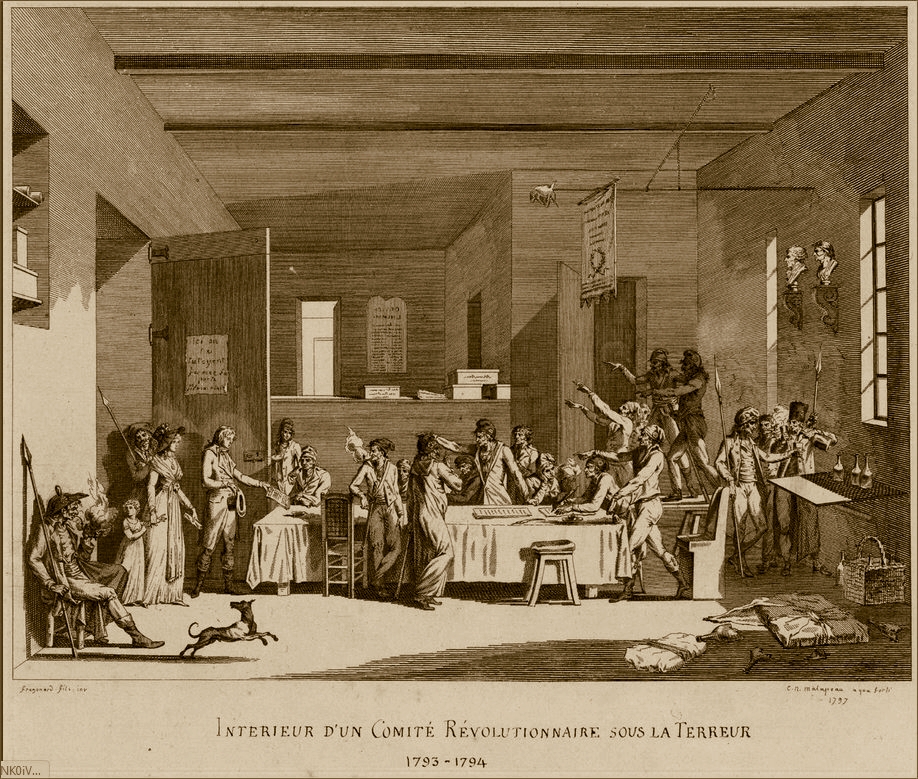 Posted by Martin Cohen
Posted by Martin CohenOn the 23rd of June 2016, the UK votes on whether or not to 'leave' the European Union and regain full control over its own affairs instead. At least, that's how the argument is put by those in favour of the move.For humdrum workers in industries that actually import or export products or materials to the EU, it only means higher tariffs and complicated paperwork. For bosses it means increased costs and uncertainty – and reduced investment. But for one group, it does indeed promise a splendid new dawn of 'freedom'. This group is the super-rich, and they work in financial services in the City of London.
For them the battle lines with the EU were drawn after the crash of 2007/8 which so nearly collapsed the entire Western banking system. The response, apart from pouring billions of taxpayer dollars, euros and yes, British pounds into the pockets of the injured speculators, was increased regulation.
And so the dirty secret, as I see it, of Brexit is the financial services industry jockeying for 'lighter touch' regulation. But this issue has not been given prominence - instead we have talk about conventional business, trade flows, workers rights and currency rates. A constant complaint has been that EU laws are made by people who are unelected – which is simply not true. The real levers of power in the EU remain firmly in the hands of the national governments. But no one is interested in how the EU really works, they just want to stop the 'migrants'.
The UK is obsessed with keeping out migrants. Indeed, waves of Somalis, Afghans, Iraqis and now Syrians are rather alarming – and certainly include a whole host of issues about conflicting social values. But what people mean by this is fellow Europeans. People who are better educated that the average Brit, and far more cultured, all they want to do is work hard and be useful members of the community. But many British resent or even hate them in just the same irrational way as uneducated whites hate people of colour. Because they're 'different'. This is why the British are such poor members of the Union, and if they vote themselves out of it in June, it will be this kind of nationalism that will have won it for 'Leave'.
But giving 'the great unwashed' – the lower classes – this power is not usually done. Indeed the UK is primarily voting in a rare referendum because for decades leading the (ruling) Conservative party has been impossible without assuaging the demands of a noisy Europhile group. Even now, if the UK Parliament had an unencumbered vote, they would not hesitate but to continue working within the EU. In this way, the unelected bosses of the hedge funds and spread-betting firms who have been backing the 'Leave' campaign are driving the British where they want.
These are people like Richard Tice, co-chair of Leave; Crispin Odey, Peter Cruddas, a former Conservative Party Treasurer; Stuart Wheeler of IG; Michael Hintze, Conservative donor; not to entirely forget Edi Truell, Brexiter and again a major Conservative donor.
For these city speculators – 'value trashers', in City jargon – the possibility of the pound plummeting, of share prices collapsing, of market and political dislocations with dire and unpredictable consequences – all represent big opportunities and easy money.
Market disruption is excellent news for them, and so will any longer-term post-Br exit dislocation.
And so, to sum up, the 'real story', as I see it, of Brexit is the worst elements of the financial services industry jockeying for 'lighter touch' regulation. It's the poachers tricking the rabbits into letting them be the gamekeepers.


